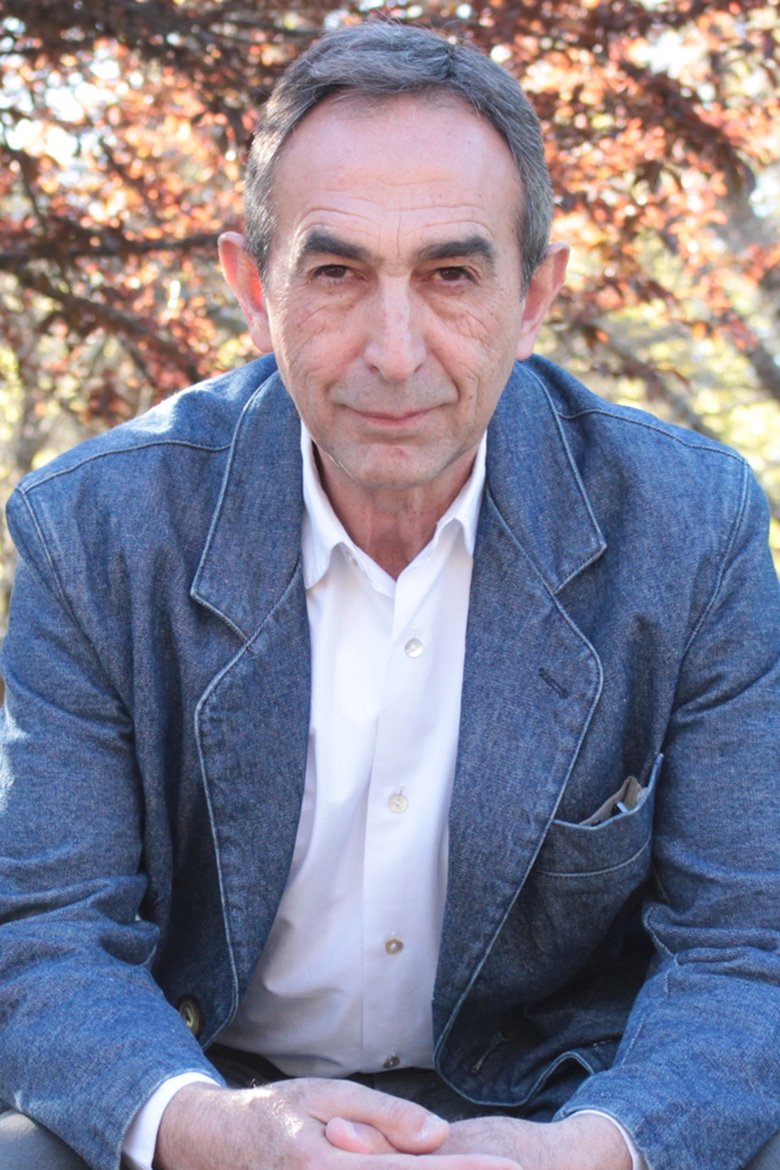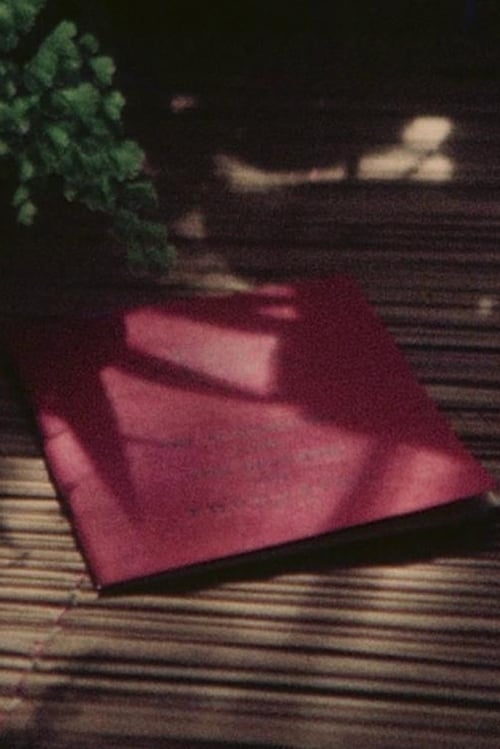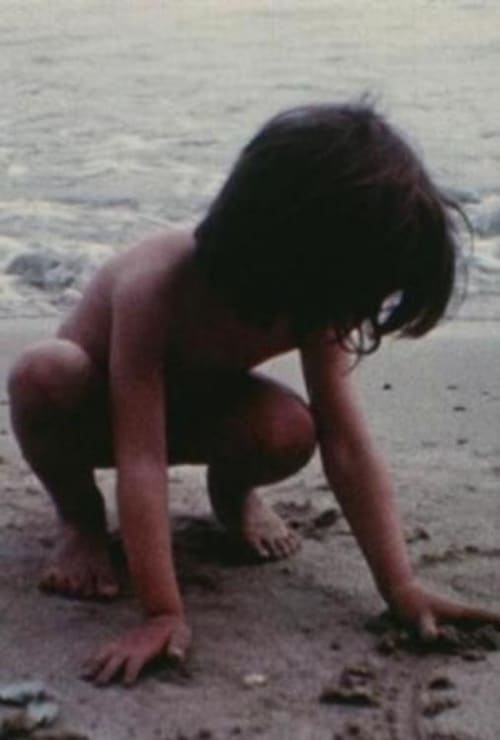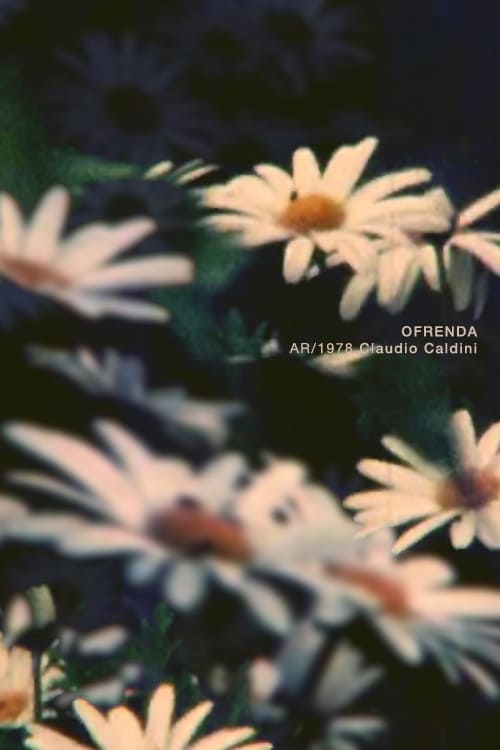Director: Claudio Caldini

Birthday: 1952-02-27
Born in: Buenos Aires - Argentina
Biography: Claudio Caldini was born in Buenos Aires in 1952 and has been making super 8 experimental films since 1970. In 1971 he began his studies at the Centro Experimental del Instituto Nacional de Cinematografía (Buenos Aires) and attended film seminars with Alberto Fischerman (1977), Werner Nekes (1980) and Werner Schroeter (1983) at the Goethe-Institut (Buenos Aires). He studied Modern and Audioperceptive Dance with Rolf Gelewski in São Salvador da Bahía and São Paulo (Brazil), in 1978 and 1982, respectively. Caldini worked as a lighting designer and operator for theater and rock concerts and as a programmer of electronic instruments, in association with Jorge Haro (1989–90). He was the film and video curator at the Museo de Arte Moderno de Buenos Aires (Argentina) from 1998 to 2004, and a member of the Jury of the 2003 International Short Film Festival Oberhausen (Germany). In 2005, he was an Artist in Residence at the Glenfiddich Distillery in Dufftown (Scotland); in 2015 was a Visiting Artist at LIFT Liaison of Independent Film Makers of Toronto (Canada). He is the recipient of the following awards: the Premio Leonardo from the Museo Nacional de Bellas Artes (1997); Beca de la Fundación Antorchas (1998); the Gran Premio at the III Festival Franco-Latinoamericano de Video Arte for his work Heliografía (1994); and the Primer Premio at the Primera Semana del Cine Experimental, Madrid, Spain, 1991, for his work El devenir de las piedras (1991).
Born in: Buenos Aires - Argentina
Biography: Claudio Caldini was born in Buenos Aires in 1952 and has been making super 8 experimental films since 1970. In 1971 he began his studies at the Centro Experimental del Instituto Nacional de Cinematografía (Buenos Aires) and attended film seminars with Alberto Fischerman (1977), Werner Nekes (1980) and Werner Schroeter (1983) at the Goethe-Institut (Buenos Aires). He studied Modern and Audioperceptive Dance with Rolf Gelewski in São Salvador da Bahía and São Paulo (Brazil), in 1978 and 1982, respectively. Caldini worked as a lighting designer and operator for theater and rock concerts and as a programmer of electronic instruments, in association with Jorge Haro (1989–90). He was the film and video curator at the Museo de Arte Moderno de Buenos Aires (Argentina) from 1998 to 2004, and a member of the Jury of the 2003 International Short Film Festival Oberhausen (Germany). In 2005, he was an Artist in Residence at the Glenfiddich Distillery in Dufftown (Scotland); in 2015 was a Visiting Artist at LIFT Liaison of Independent Film Makers of Toronto (Canada). He is the recipient of the following awards: the Premio Leonardo from the Museo Nacional de Bellas Artes (1997); Beca de la Fundación Antorchas (1998); the Gran Premio at the III Festival Franco-Latinoamericano de Video Arte for his work Heliografía (1994); and the Primer Premio at the Primera Semana del Cine Experimental, Madrid, Spain, 1991, for his work El devenir de las piedras (1991).
Known for
3.5


5.5
